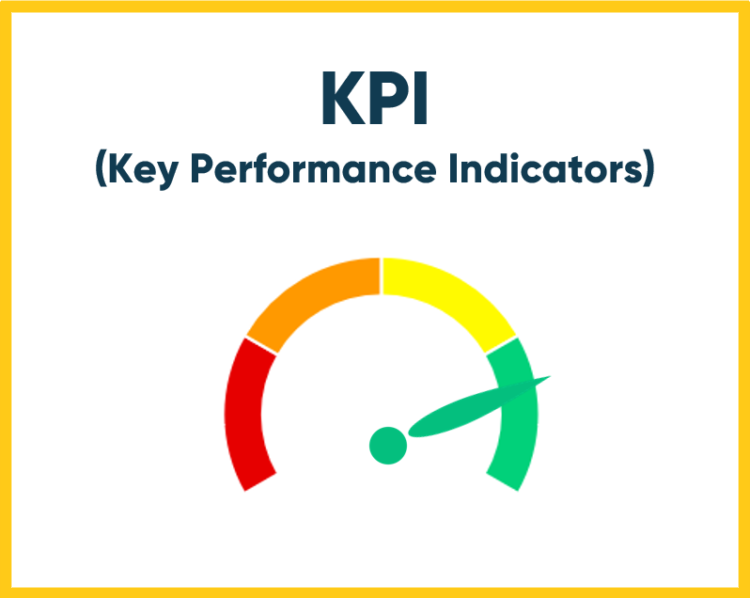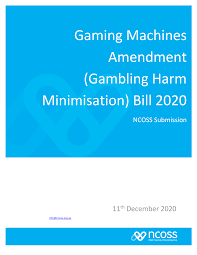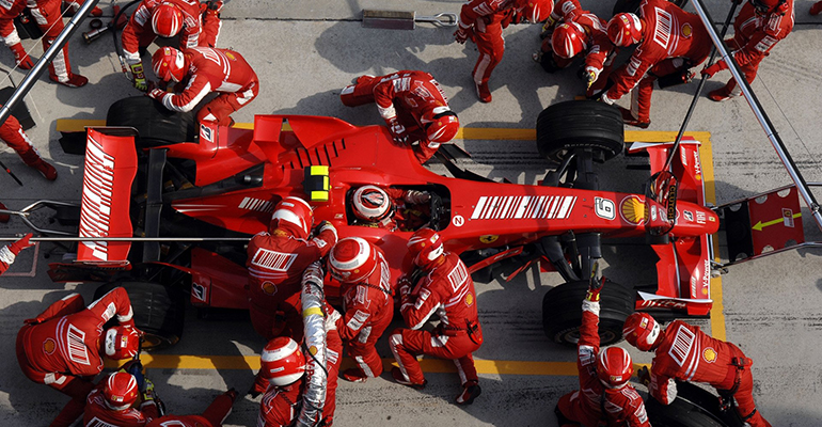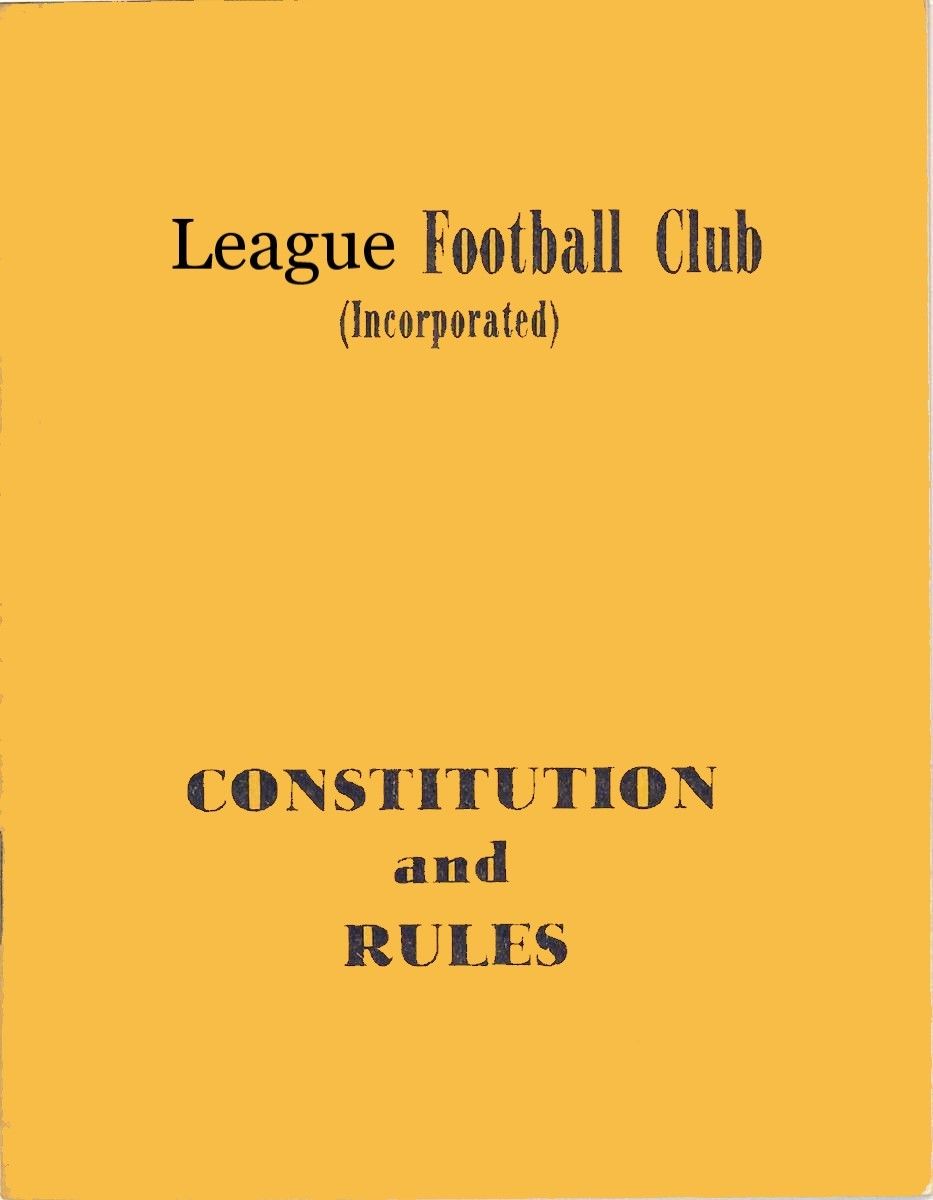Performance management or harassment?
So, when is it harassment and when is it performance management?
I often hear of staff who feel they are being harassed by their management. This could be a CEO and the board they report to, or a duty manager and their CEO. So, when is it harassment and when is it performance management?
My up front disclaimer is that I am not a human resources (HR) specialist, but I have managed staff in corporate roles, as well as clubs and pubs and have seen both sides of this coin. When you delve into the detail, the most regular outcome I find is that the level of scrutiny has changed and this is what is causing the angst. A new board, or a new manager, or even a renewed focus on performance, which has been implemented yet poorly managed is often the reason for the trouble.
What is Performance Management?
Done properly, this process is consultative and well communicated, with input from both parties – manager and subordinate. The discussions must include reference to, and potentially an update of, the job description (JD) and then the mutual agreement of key performance indicators (KPIs), that provide the measurement tool for the individual.
The KPIs should be realistic and achievable, with potentially a little ‘stretch,’ to encourage growth and development in the role. In fact, where possible, the discussions and plan should include career path planning (where logical advancement opportunities exist) so the employee can see where they might end up. This is less relevant for a CEO or senior manager, who may have nowhere else to go in the organisation, so discussions should truly focus on “how can the job be done better?”
Both parties should then sign off on the agreed JD and KPIs and should also sign off on the review cycle – i.e. when are the reviews to occur. Many organisations work on only an annual review, whilst other (well managed) organisations will use a six-monthly review process. This is my preference and it works like this –
X At the Annual Salary review discussion, you update the JD and agree the KPIs for the coming year;
X At the Six-Monthly review, you check to see how the employee is progressing against the KPIs, discuss if any parameters have changed, which may materially impact the achievement of the KPIs, and make any necessary adjustments to them. If needed, you might also identify some training, mentoring or assistance if the employee has had any challenges and not progressing at the level you both might hope;
X At the subsequent Annual Salary review discussion, assess the achievement of the KPIs, review the remuneration commensurate with performance, then again review and update the JD and agree the KPIs for the coming year.
This is really not a complex process and when it is executed in an open, honest and collaborative manner, leads to employees feeling safe, comfortable and valued in their role. Where performance has lagged, again handled sensitively and providing the necessary support for the employee, discussions will lead to the employee understanding where the issues may lie and feel supported in addressing them, rather than threatened with potential job insecurity.
Having said that, it is important to know that sometimes you may have the wrong person in the role, and that frank and fearless conversation may need to be had and the individual redeployed (where possible).
What is Harassment?
In this context, harassment is where the process outlined above is not done and the senior party constantly harasses the subordinate with unexpected or unreasonable demands, with a view to pressuring the subordinate to ‘lift their game.’
In some situations I have observed, the subordinate employee’s performance may be up to expectations, however for reasons known only to the aggressor, the pressure is being applied to the subordinate in order to change how they operate, or sometimes (the hidden agenda), to pressure them to resign.

Harassment is usually done in public to cause maximum embarrassment to the targeted individual and not in private, which would be the professional and sensitive way to manage perceived under-performance.
The pressure is often subtle, but continuous, even if only infrequently, as in the case of a CEO encountering the challenges only at the board meeting, or a manager harassing a subordinate at the weekly (or monthly) team meeting. The worst case is continuous attacks on a daily basis, or whenever the employee is at work and can manifest as snide remarks, subtle innuendos relating to a lack of ability to perform a certain task, or blatant accusations of non-performance.
Regardless of your position in the organisation, you should not have to put up with this sort of treatment. If your organisation is large enough to have an HR Department, then you should report the situation to them, and work with the HR specialists in addressing the harassment. In smaller organisations, it can be challenging to raise these sorts of issues, especially if the perpetrator is the CEO, who would be the most logical person to address your complaint to. You may have to contact the company’s Employee Assistance Program (EAP) consultant to address the issues, if they have one in place, of perhaps a relevant union or industrial relation (IR) body.
In the final wash up, there are numerous HR Specialists available through which to address concerns of any harassment, however your organisation should have an appropriate Staff Policy in place, which provides guidance on how to address Bullying and Harassment in the workplace. The better organisations have all this and a formal and appropriate Performance Management process in place, which should be embraced by all, to work towards personal and organisational development.
For further information on this topic, with a potential referral to an HR or IR specialist, contact Ron Browne, Managing Consultant on 0414 633 423 or ron@extrapreneurservices.com.au











